- Home
-
(Section 01)
Introduction -
(Section 02)
Program Progress, Resilience, and Innovation -
(Section 03)
Family Planning and Fertility Trends in Sub-Saharan Africa -
(Section 04)
Family Planning and Poverty Trends in Sub-Saharan Africa -
(Section 05)
Investments in Family Planning Can Enhance Equitable Economic Development -
(Section 06)
Future Directions
ABOUT THIS REPORT
In this report, we examine the status of family planning programs in 22 countries in sub-Saharan Africa since 2016. Where has modern contraceptive use increased? What are the implications for fertility trends? How are trends in family planning use related to trends in poverty and economic inequality? What impact has the COVID-19 pandemic had on access to and use of family planning services? We explore the existing evidence to gain a better understanding of the progress that’s been made and the challenges that will influence family planning and inclusive development in the region over the next decade.
SECTION 1
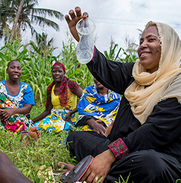
Introduction
This report examines the status of family planning programs in 22 countries in SSA over the last five years, since the release of Fostering Economic Growth, Equity, and Resilience in Sub-Saharan Africa: The Role of Family Planning in 2016.
Read More
SECTION 2
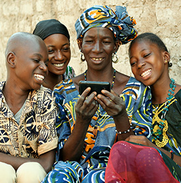
Program Progress, Resilience, and Innovation
We update the 2016 analysis with a continued focus on the 22 USAID priority countries in the region, which represent about three-quarters of SSA’s population.
Read More
SECTION 3
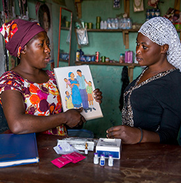
Family Planning and Fertility Trends in Sub-Saharan Africa
How has family planning use in USAID priority countries shaped recent and projected trends in fertility?
Read More
SECTION 4
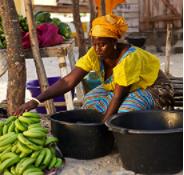
Family Planning and Trends in Poverty
Expanding on the 2016 analysis, we assess the extent to which family planning programs are reaching women in the poorest households.
Read More
SECTION 5

A Dividend or Divider? Investments in Family Planning Can Enhance Equitable Economic Development in SSA
We explore the extent to which investments in family planning, through its effects on fertility, may contribute to trends in socioeconomic inequality both between and within countries on the African continent.
Read More
SECTION 6
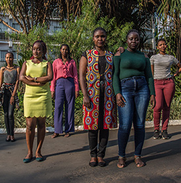
Future Directions
New opportunities are emerging to drive equitable, data-based, and client-centered programs through 2030 and beyond.
Read More

